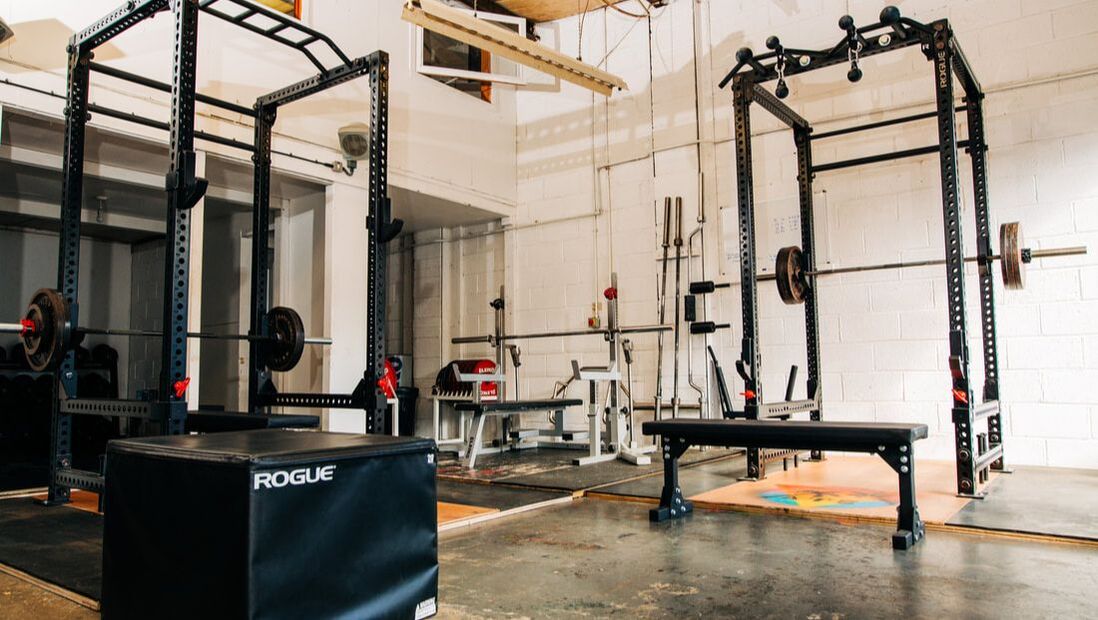Something that I’ve seen a fair amount among people who work with me is something one of my clients actually called ‘fat amnesia’, but that’s not entirely accurate to the problem. Essentially they and many other people I imagine have had a lot or some success in changing how they look and feel through diet and exercise. That all grinds to somewhat of a halt at some point though, and they then enter these cycles of ‘scale amnesia’ where they seem to gain and lose the same few kilos in scale weight repeatedly without any further progress. If this sounds like you then fear not, a lot of people likely have this issue, and we’re going to hopefully present some thoughts as to why it’s likely happening, and how to overcome the sticking point. As we get into why this can happen, please be aware that I’m generalising from anecdotal experiences, that things affect people differently and your own experience may vary. You may also pick up some useful tidbits, however. Typically I see this cycle appear when people have already lost a fair bit of weight already and their body composition has changed dramatically from where they started. They then hit this stagnating point of dropping another 2-5kgs then slowly gaining it back. Originally I thought this was just a lack of proper maintenance phases in their structured eating. This did indeed help a fair few people, so this is my first tip for anyone struggling to stay at your goal weight. In your planned timeline for fat loss allow yourself at least half that total time again, but preferably the same time again at maintenance calories relative to your planned end weight to adjust your set point. Having a period of just maintaining at your new weight and staying restrained with your choices around food will solidify your set point at your new weight, the added structure will also hopefully keep you focussed and not instantly bingeing now you’re ‘finished’ your diet. This leads me to my second point and this might get a little tangential so please stay with me. If you typically find yourself successfully dieting down to this goal, then soon after sneaking right back up to where you started, it may also be time to have an introspective look and try to notice what drives the choices that cause the regain. This is likely going to get a bit challenging, but as much as I agree that there is a slew of societal factors and social biases that can imply pressure on people to make certain choices about food, and how they want to look, it does eventually just come down to personal choice. To start this process off, one of the things I found most helpful with people is to try and notice how they are feeling before/when they eat certain foods. If you have a stressful day at work, or an interaction with a coworker that makes you feel sad or angry do you go hunting for crisps or biscuits? Is it 7 pm and you’ve already had dinner but the thought of watching 2 episodes of the Witcher without snacks in hand gives you the chills? Boredom eating is 100% a thing. To briefly mention that I’m not trying to come across as one of these people that thinks life without kit kats it’s the only true path to enlightenment, I just think a lot of people are making emotion-driven food choices far more often than they realise and it’s impacting not only their health and fitness goals but also their fulfilment. I’m fully on board with you choosing to have a kit kat (other biscuits are available, but why bother, they suck.) But - you need to be certain that you are choosing to have one because you want to, not because it’s going to counteract whatever emotional driver is at the wheel in this current moment. One simple way to keep track of this which I encourage you to try is to keep a food diary. If you track your food already in some way, awesome, then just keep a note in it, or on your phone of how you feel at each meal. Over a few weeks patterns will likely emerge and you may be able to better see what is driving you to make certain choices regarding your nutrition. Once you can see the pattern emerging the next step is to notice situations where you are about to make an emotionally driven food choice, and stop yourself. Think about why you’re going to eat whatever it is, if you’re actually hungry, then go for something more satiating, fruit and protein bars are a great option for between-meal snacks. This will help you feel less hungry, where biscuits and crisps don’t, and you’re likely only reaching for them because they provide a small positive feeling in the short term. It will take some work at first, but it’s very much about trying to be an observer of your own thoughts and try breaking them down. Thoughts aren’t facts, and neither are feelings, they are both valid interpretations of experiences, however, they aren’t the best thing to build your life’s choices upon. Some things that make you feel better in the short term, may not be the best for you long term, it may not even be what’s best for you now, but you might choose it because it makes you feel better, or because it’s less scary than another possible choice. To summarise, if you’re hitting diet plateaus you may find a more robust structure with built in maintenance phases is a much more sustainable and successful approach long term. You may also find it very helpful to keep note of how you feel when you eat, particularly around choices that aren’t in line with your goals, and once you’re aware of those feelings perhaps try to explore what’s causing them, and see if you can make a different choice despite those feelings being present. If you’d like more information on either of those things, or have any questions in general please feel free to hit me up in the comments or @atsapproved on social media, except Tik Tok, cause I'm old.
0 Comments
Leave a Reply. |
Archives
March 2024
Categories
All
|
Proudly powered by Weebly





 RSS Feed
RSS Feed